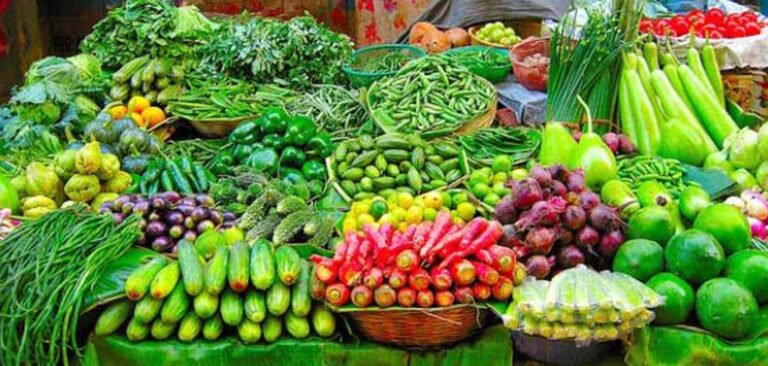
The country has imported around 243,825 tonnes of foodstuffs during the month-long prohibitory period.
According to statistics of the Ministry of Industry, Commerce, and Supplies, a total of 243,825 tonnes of foodstuffs, 25,795 tonnes of pulses and lentils, and 27,526 tonnes of fruits have entered Nepal in 35 days after the enforcement of the prohibitory order to prevent and control the second wave of COVID-19.
Likewise, a total of 39,960 tonnes of vegetables and 212 tonnes of dairy products were imported during the period of prohibition.
The country imported readymade medicines worth Rs. 4.94 billion and raw materials for medicines worth Rs. 1.28 billion during the review period.
According to a joint spokesperson at the ministry Urmila KC, the supply of essential commodities across the country was normal during the prohibitory period.
KC said that the import of essential goods from India was normal during the period of prohibition as around 350-400 trucks carrying essential commodities, including petroleum products entered Nepal daily.
A total of 42,508 tonnes of cooking gas, 36,798 KL petrol, and 126,794 KL diesel were imported during a month’s prohibition. She said that a total of 5,829 tonnes of foods, 1,223 tonnes of lentils, 1,532 tonnes of vegetables, and 603 tonnes of fruits entered Nepal only on June 1.
On the same day, two tonnes of dairy products entered Nepal. The import of dairy products has been declining from the third week of the prohibitory order as compared to the first two weeks of the prohibition.
Earlier, the dairy industrialists had demanded a ban on the import of milk and dairy products and to encourage the consumption of domestically produced milk and dairy products.
Dairy associations have said that milk collection has tumbled to 40 per cent in the country which has forced the farmers to dump milk at homes.KC said that the government is facilitating to ease the supply of commodities in the market and import as well.
Source : THE RISING NEPAL,






